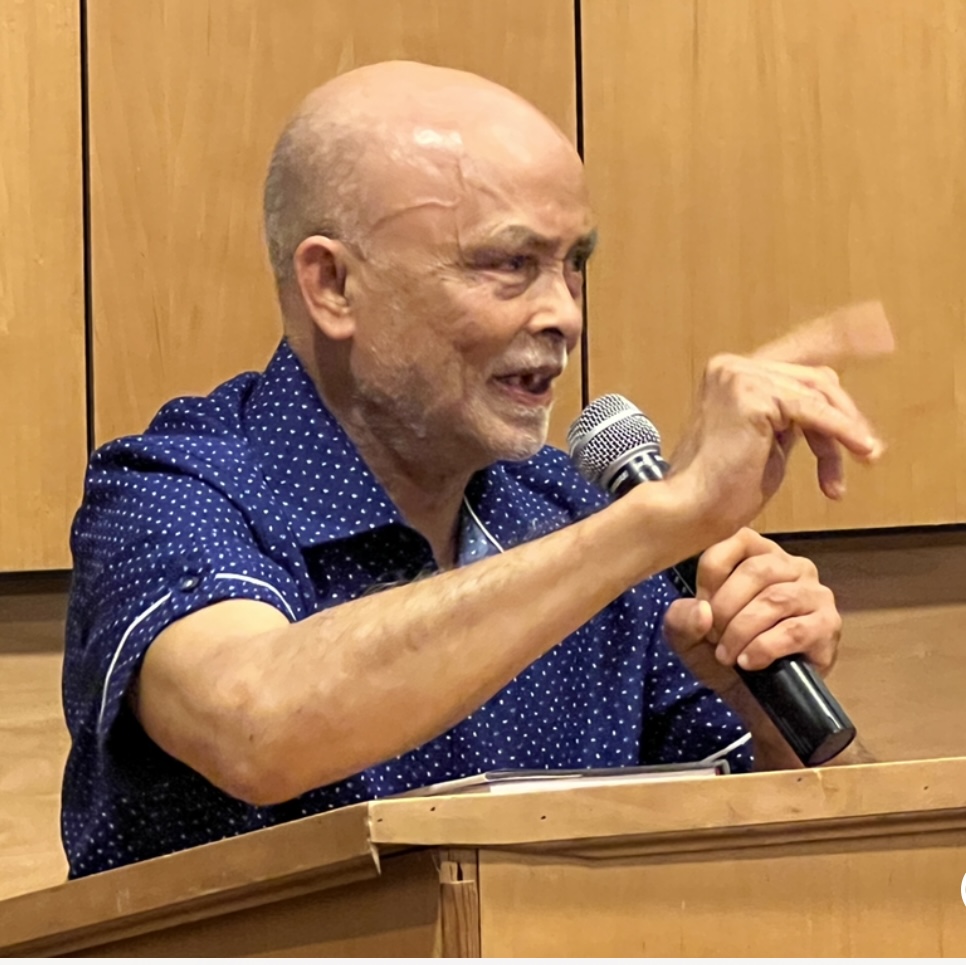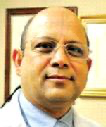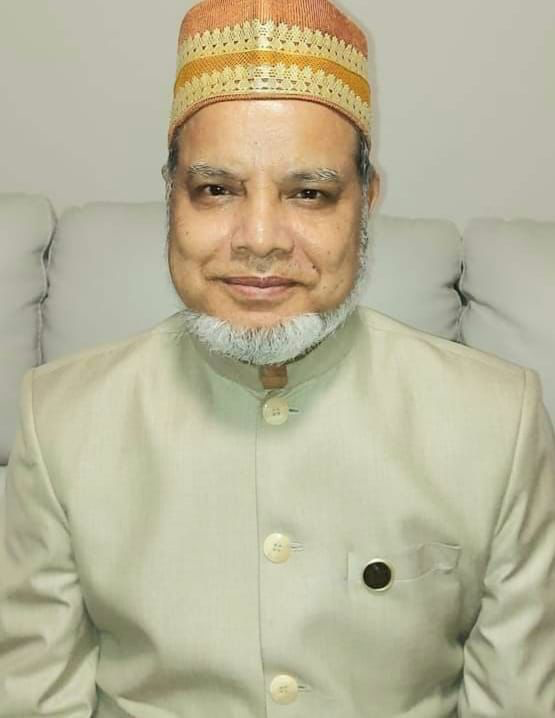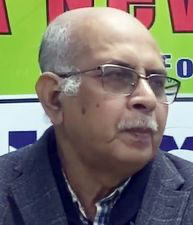
Bangladeshi Community’s Strategies for NYS Election
Mohammad Zainal Abedin : The Bangladeshi community is comparatively a new, but rapidly increasing ethnic group in America.

The ‘Pew Research Center’ (September 8, 2917) in 2015 mentioned the names of top 10 metropolitan areas where the Bangladeshi community prominently lived, which were: New York, Washington D.C., Detroit, Dallas (Texas), Los Angeles, Philadelphia, Miami, Boston, Atlanta, Atlanta City (of New Jersey).
On the other hand, ‘Research Public Records’ named 101 top cities where sizable Bangladeshis are found.
Among all the American cities, New York City (NYC) of New York State (NYS) is the most favorite destination of the Bangladeshi community. ‘Pew Research Center’ mentioned that out of the five boroughs of NYC 66% Bangladeshis live in Queens, 26% in Bronx, 15 % in Brooklyn, 3% in Manhattan, and 1% Staten Island.
Beyond NYC, huge numbers of the Bangladeshis are centralized in other cities of NYS prominently in Buffalo, and Long Island.
A curious question prevails among the common Bangladeshis: despite having a large community why they fail to have, at least a representative in Albany, not to speak of Washington D. C. The question prompted me to talk with some conscious and knowledgeable personalities of the Bangladeshi community. They possess high hopes of the new generation Bangladeshi and prescribe several strategies on how the community can reach their desired goal, however, which may take time.
While I was talking the following enlightened, even common Bangladeshis, I felt our community adopted a long-term new strategy centering the forthcoming Election-2022, so that the mainstream politicians can feel their presence and strength, comprehend their problems and prospects, which will fetch a brighter future for in politics.
Syed Mohammad Ullah veteran journalist residing in NYC, who is neither, despaired or worried not for having Bangladeshi representation in Albany or Washington D.C. He provided concrete suggestions how the Bangladeshi political aspirants could make their way to enter as elected representatives in the NYS and elsewhere in America. We cannot leap to enter there at our will. To attain that chance, an individual must compete with many others from the grassroots level.
Pointing to the reality he said many of us feel uneasy not having representatives at least at the State level. We have nothing to be worried or disappointed about not having credible representation in US politics.”
Citing examples, he said, the Chinese, the Koreans, even the Latinos who far ago started to come to NYS, and their communities are larger than us, but they got credible success in recent years. “We are to wait, and we also may get success when our next generation enters politics. Only they may fulfill our dream, but not we,” he confidently opined.
Mohammad Ullah confidently said, we have ample capable people in our new generation having proficiency to perform such responsibilities. But they, perhaps, are not interested in politics as They are aware of the gravity of responsibility of a political leader.
When asked why Bangladeshi aspirants fail to reach their desired goal, this octogenarian journalist said, they do not proceed through those needful processes and systems to equip themselves with accurate training, earn experience, talent, expertise, and above all, knowledge.
To attain people’s support and sympathy the prospective candidates need to go voters from door to door beforehand, share with their sorrows and sufferings and try to extend their helping hands whenever anyone of any community faces any problem. A candidate should not be stranger to the voters. He said, unfortunately, our candidates are just strangers, not only to other community people, but also to many Bangladeshi Americans. They forget that their competitors are not the Bangladeshis, but also are scattered to all other communities of their communities.
Appreciating Shahana Hanif, he said she acquired huge experiences and acquaintances working under his predecessors. She had a vision from her childhood, worked hard, behaved, and contacted the voters of all communities of her constituencies and earned their support and sympathy through dedication and dexterity.

Dr. Abu Haq, a renowned medical doctor, who keeps his eyes on the global politics expressed his solidarity with Syed journalist Mohammad Ullah echoed, Bangladeshi Americans just entered mainstream politics as apprentices, and doing good. They will have to work sincerely with patience for years, even decades, to reach their desired goal of entering Albany, even White House. He said, it is a great success that some Bangladeshis showing their capability already made their way to work under President Obama and now the Biden administration.

Hasan Ali a well-known socio-political Bangladeshi activist. He for the last four decades constantly works with the advanced (mainstream) politicians of USA to mitigate the problems of the Bangladeshi community. He thinks election is a process through which Bangladeshis can come to the forefront and change their fortune. Bangladeshis should participate in the election campaign of their favored candidates. They should organize fundraising events and donate them as much as possible. They should work as volunteers to distribute their flyers, leaflets, and other election materials among the common people. They must register them as voters, encourage others to become voters, and cast their votes without fail.
This senior activist, the elected Member of American Democratic Party, suggested the Bangladeshis voters to motivate their favored candidates the following demands: To create a suboffice inside the Governor’s office, which will look for Muslim Affairs; float a Muslim Coccus in the State Senate and the State Assembly; pass Muslim Eid Holiday Bill pending in the Assembly; and declare the Month of Ramadan as the Muslim Heritage in NYS.

An outspoken journalist Moinuddin Naser pointing to the complexities and technicalities of American politics bluntly opined regarding the real position of the Bangladeshis who contest for State Assembly and other levels of State Administration. “Our aspirants still are ‘ill-equipped,” he remarked. He said many of them still are not even known to the voters belonging to other communities. Most of our candidates are seasonal politicians, declare their candidacy abruptly without accurate programs, having no preparation, even target or vision. They remain busy with our community voters even during the election period. They don’t spend sufficient money to expedite their election campaign.
“Why the voters of other communities vote for such candidates,” he questioned.
Naser said, “An American voter impartially compares and evaluates the quality and capability of all candidates, judges their personality and previous activities and surely chooses the best one.” “A conscious voter before casting his vote seriously thinks who the fittest candidate is to serve his area and its people,”
Nasar's well-thought suggestion is “We will have to go a long way further and learn from other candidates belonging to other communities, particularly from those who previously represented and currently represent several strata of American people.”
Naznin Sultana, an educated optimist housewife, opined today our candidate may face defeat, but we are to go ahead. We must not stop under any situation. We will win one day. Who knows one day my grandson or granddaughter will not be elected as the Mayor of NYC or the Governor of NYS.
A Bangladeshi Taxi driver of Bronx, belonging to Democratic Party, who preferred not to be named said, more and more Bangladeshi candidates should contest in different constituencies. His suggested not more than one Bangladeshi candidate should contest from the same election constituency of any level.
-Mohammad Zainal Abedin is a Bangladesh-origin journalist & researcher who edits ‘The Weekly Runner News’ of New York, USA.
Copyright © 2025 USA NEWS ONLINE. All rights reserved. Developed by TEKSERV.